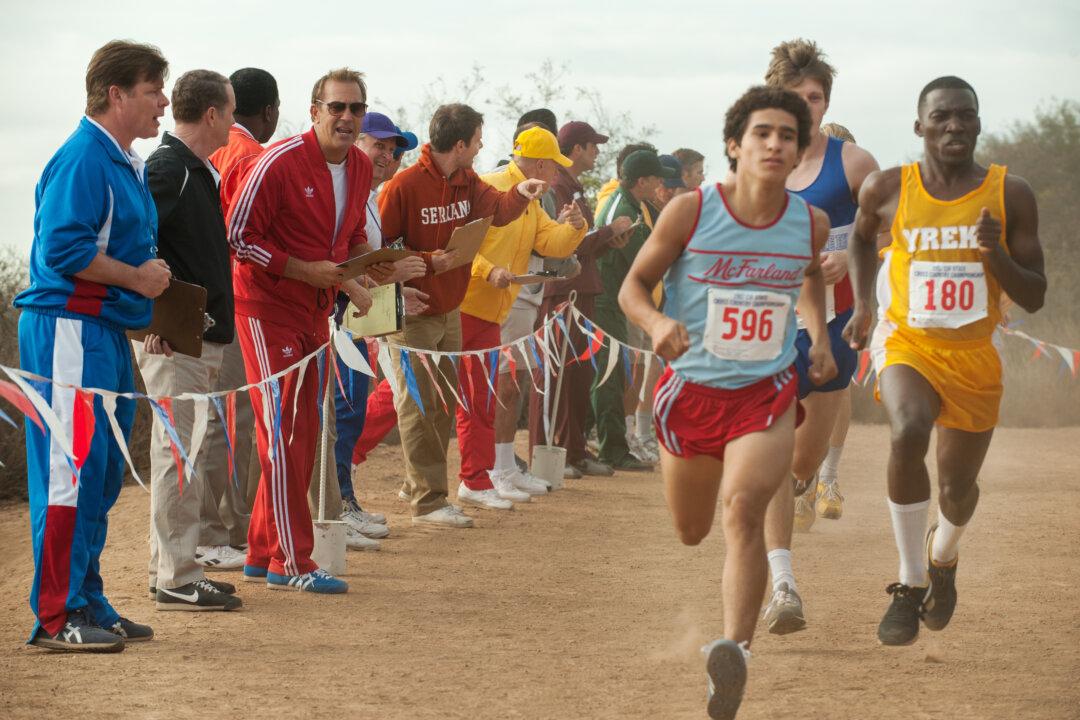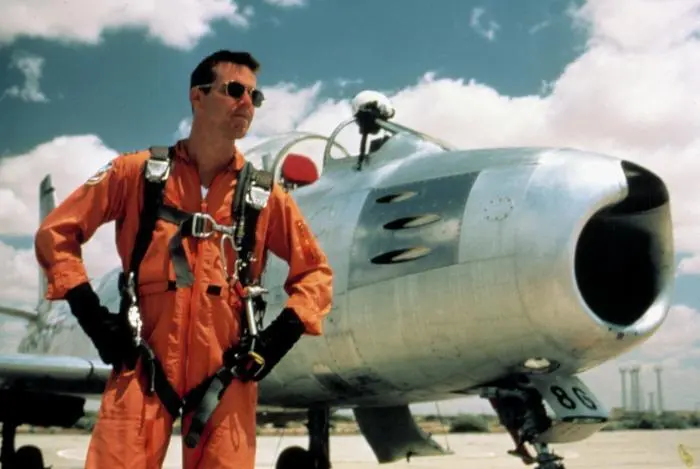Director Niki Caro’s sports drama fictionalizes a true story about believing in oneself, dreaming big, and never giving up even in the face of daunting odds. Kevin Costner stars as Jim White, a washed-out California high school football coach. White loses his job and moves to another school, lower in the social and professional pecking order.
At McFarland High in 1987, he discovers students who are poor football players, but excellent runners. So, he molds them into a cross-country running team. He handpicks seven boys whom everyone else has given up on because of their hard socioeconomic circumstances and turns them into a winning team. Click here for plot summary, cast, reviews, and ratings.





